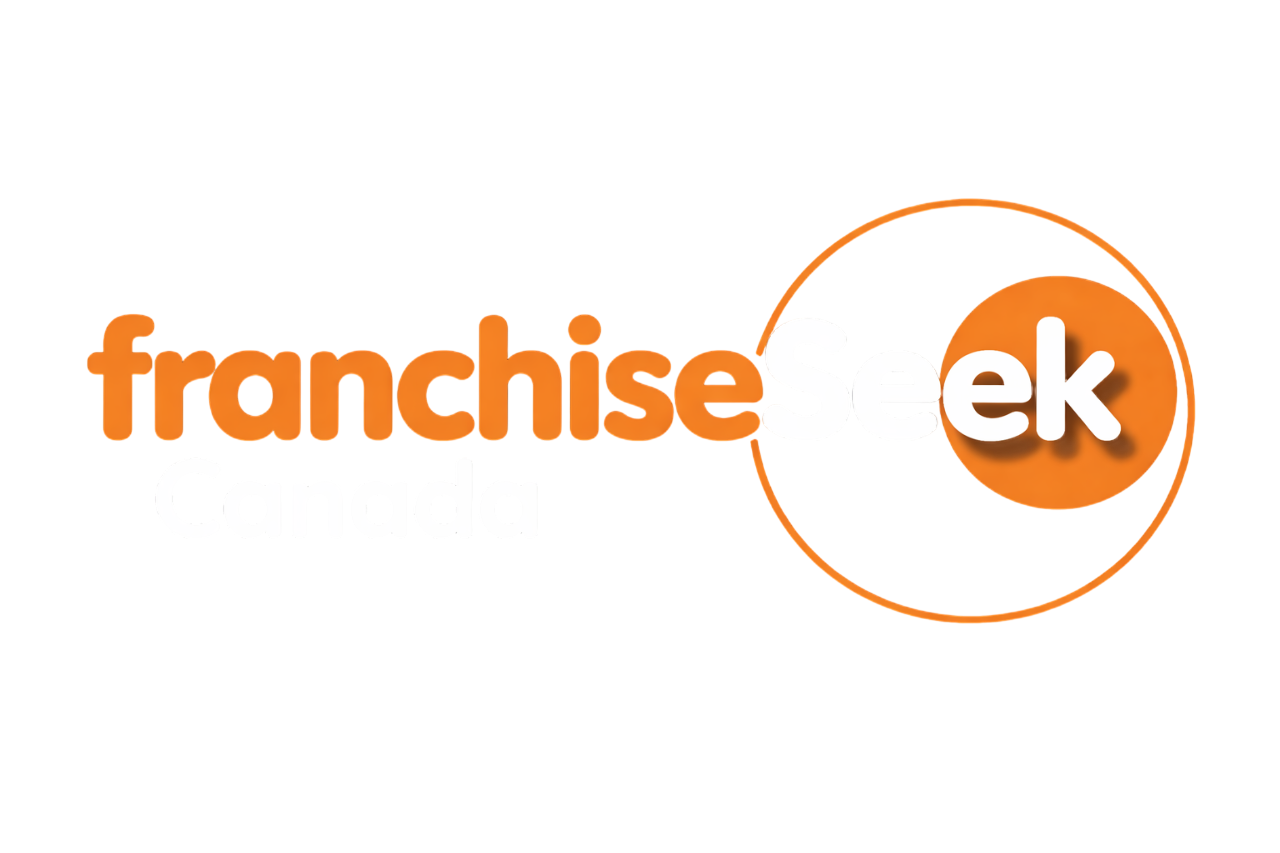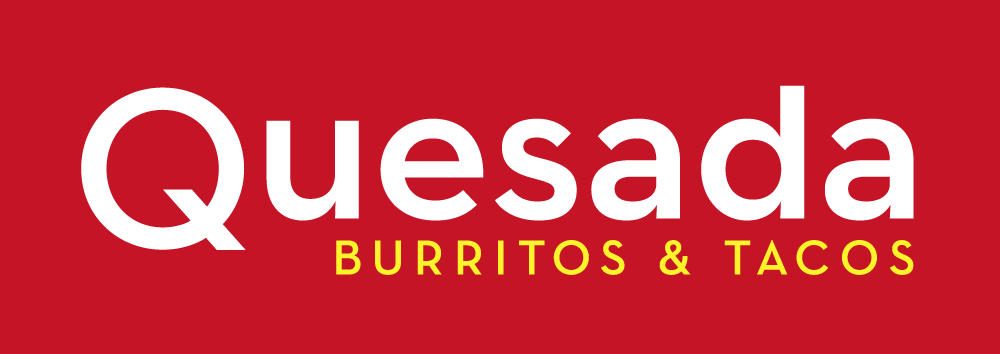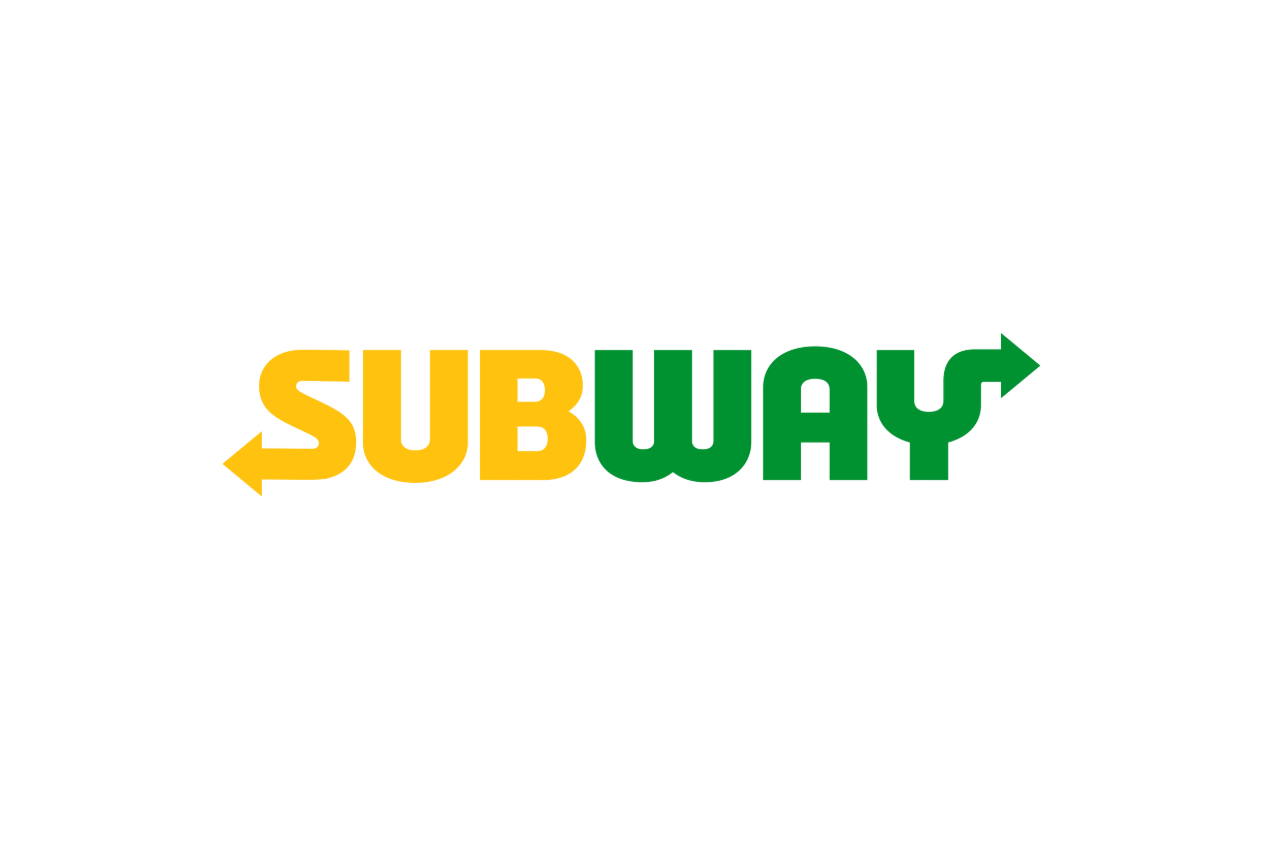Franchising is a popular route for entrepreneurs in Canada seeking to operate under the umbrella of an established brand. Whether it’s fast food, fitness, or retail, franchise models offer a proven business concept and built-in brand recognition. However, entering a franchise system requires signing a franchise agreement—an extensive legal document that defines the relationship between the franchisor and franchisee. While these agreements are typically presented as standardized and non-negotiable, prospective franchisees often wonder: are franchise agreements negotiable in Canada?
The Nature of Franchise Agreements
Franchise agreements are legally binding contracts drafted by the franchisor, often designed to maintain uniformity across their franchise network. These documents outline key aspects such as fees, territory, duration, intellectual property usage, support services, renewal rights, and termination clauses. Due to the complexity and one-sided nature of these contracts, many franchisors assert that they are offered on a “take it or leave it” basis. This approach helps the franchisor protect its brand and maintain consistency, which is critical in franchise operations.
However, the legal environment in Canada does not prohibit negotiation. In fact, the ability to negotiate may vary depending on the franchise system, the stage of the business relationship, and the bargaining power of the potential franchisee. More established or high-value franchisees may be able to secure more favorable terms.
Critical Factors That Influence Negotiability
While most franchisors prefer standardization, several factors can influence the willingness of a franchisor to negotiate specific terms in Canada. These include the size and reputation of the franchise brand, the economic environment, the experience and financial strength of the franchisee, and the maturity of the franchise system. For example, a new franchisor entering the Canadian market may be more flexible with terms to attract early adopters, whereas a well-established brand with high demand may enforce stricter uniformity.
Location-specific terms may also open the door to negotiation. If a prospective franchisee is targeting a high-value or strategic location, the franchisor may be more open to tailoring the agreement to close the deal. Additionally, experienced franchisees with a track record of success might successfully negotiate elements like development timelines, fees, or exclusivity within a territory.
What Can Be Negotiated?
Although not every clause is up for discussion, some aspects of a Canadian franchise agreement may be more open to negotiation than others. Territory protection is one area where franchisees may negotiate to ensure that no other franchise is established too close to their location. Initial franchise fees and ongoing royalty rates may also be subject to change, especially for multi-unit operators or early adopters. Advertising contributions, training support, and renewal terms are other areas where flexibility may exist.
That said, some franchisors strictly adhere to their standard agreements, particularly regarding branding, operations manuals, and product sourcing. These elements are central to the franchise’s identity and business model and are generally non-negotiable.
The Importance of Legal Advice
Given the complexity and long-term nature of franchise agreements, it is strongly recommended that prospective franchisees consult a franchise lawyer licensed in their province. Franchise disclosure legislation in several provinces, including Ontario, Alberta, British Columbia, Manitoba, New Brunswick, and Prince Edward Island, mandates franchisors to provide a Franchise Disclosure Document (FDD) at least 14 days before signing. This period provides a crucial window for review and negotiation.
Legal counsel can identify potentially problematic clauses and advise on what terms might be negotiated. They can also assist in formulating counterproposals and assessing legal and financial risks associated with the franchise.
Conclusion
While franchise agreements in Canada are generally standardized and heavily favor the franchisor, they are not entirely non-negotiable. The extent to which terms can be negotiated depends on several factors, including the franchisee’s leverage, the franchisor’s flexibility, and the specific details of the deal. Prospective franchisees should approach the agreement with caution and seek expert legal advice before signing. With careful negotiation and due diligence, it is possible to shape a more balanced and beneficial franchise relationship.









